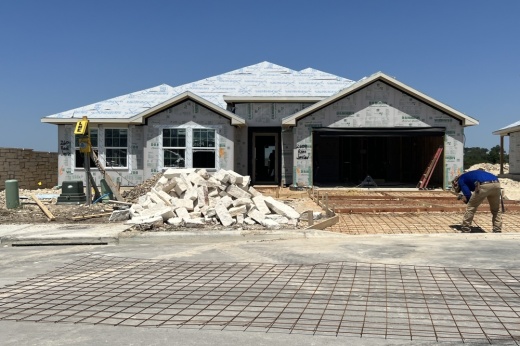Developers typically establish MUDs in undeveloped areas outside the jurisdiction of existing city or county governments. MUDs may also be formed within a city’s boundaries to provide infrastructure.
What do MUDs provide?
As a special-use district, MUDs are government entities that can provide a variety of essential utility services and infrastructure, including:
- Water supply
- Wastewater treatment
- Solid waste management
- Drainage systems
- Parks and recreation facilities
- Road facilities
Municipal utility districts are governed by a board of directors who are responsible for overseeing operations and making decisions for the MUD. The board is elected by the residents who reside within the district. The board has the authority to enter into contracts and agreements with service providers and other entities.
How are MUDs formed?
Developers may petition the Texas Legislature or the Texas Commission on Environmental Quality to create a MUD.
- If the property is located within a city’s jurisdiction, the city must authorize the creation of the MUD.
- If a city does not give its consent within 90 days, state statute allows for an additional 120 days for the parties to negotiate terms for services.
- Filing a petition with the TCEQ to form a MUD.
- Receiving approval from the TCEQ after a review period to ensure legal requirements are met and essential services will be provided.
- Receiving approval from voters who live within the proposed district.
To finance the construction of infrastructure in a district, MUDs have the ability to issue bonds to raise funds. They may also impose property taxes on residents to pay for operations and maintenance as well as to repay bond debt.
Other financial sources include:
- Utility fees on residents and businesses within the MUD’s boundaries
- Impact fees levied on new developments occurring within the district
- Grants and loans from federal, state and local governments to pay for construction projects and infrastructure improvements
Texas has several other types of districts that provide services, including water control and improvement districts, which can levy taxes; special utility districts, which cannot; and river authorities, which typically cannot levy taxes but may issue bonds. MUDs may be converted into limited districts by annexing to a city.





